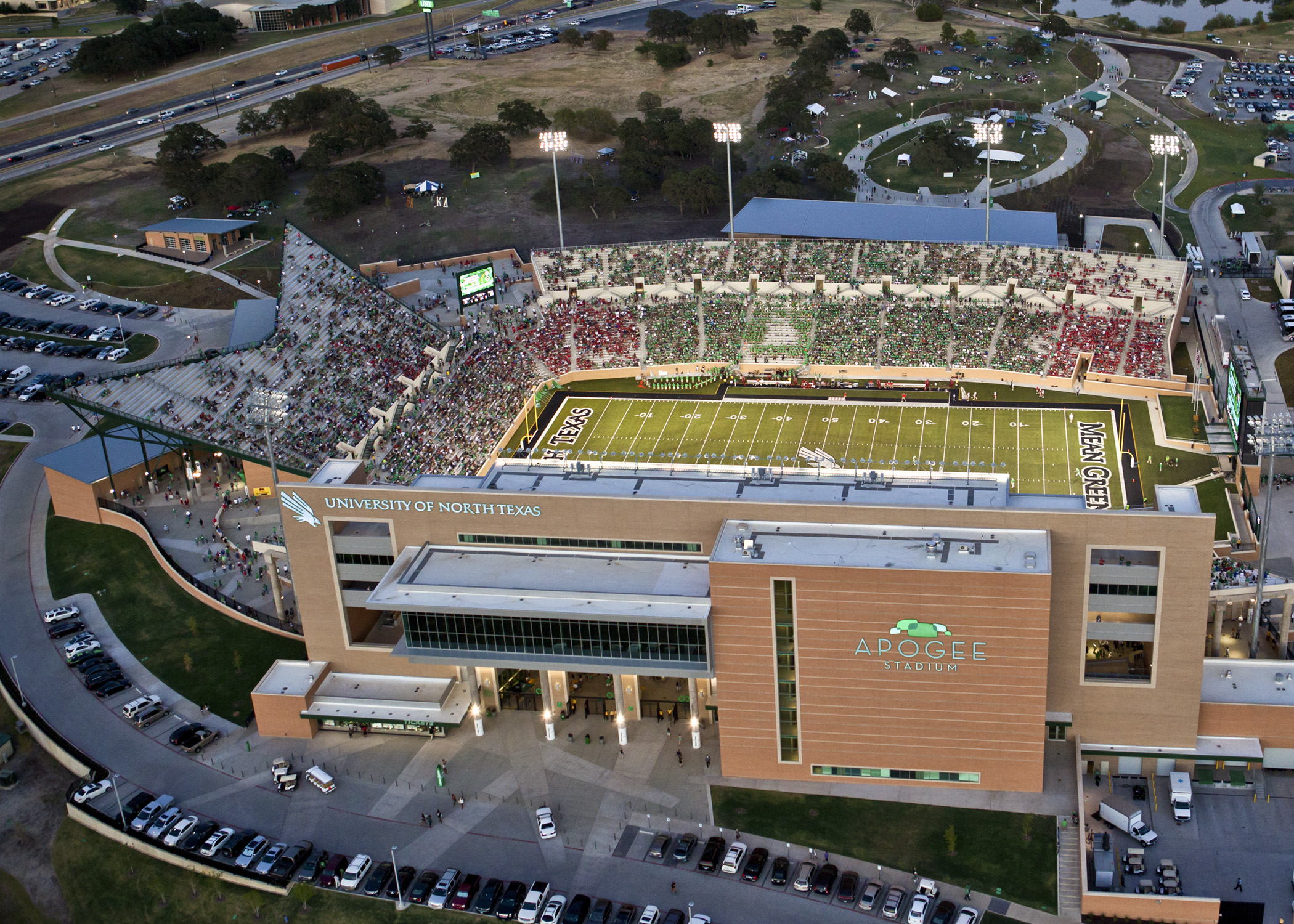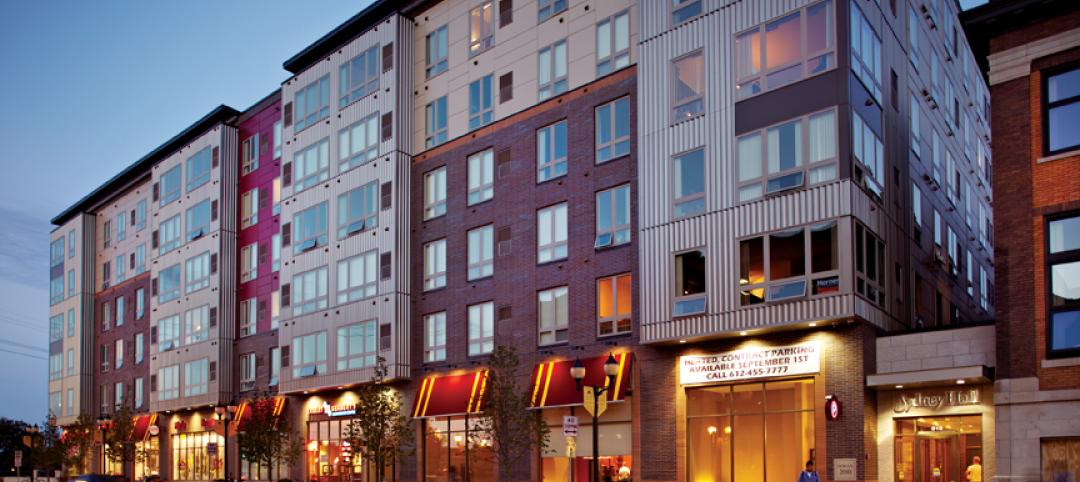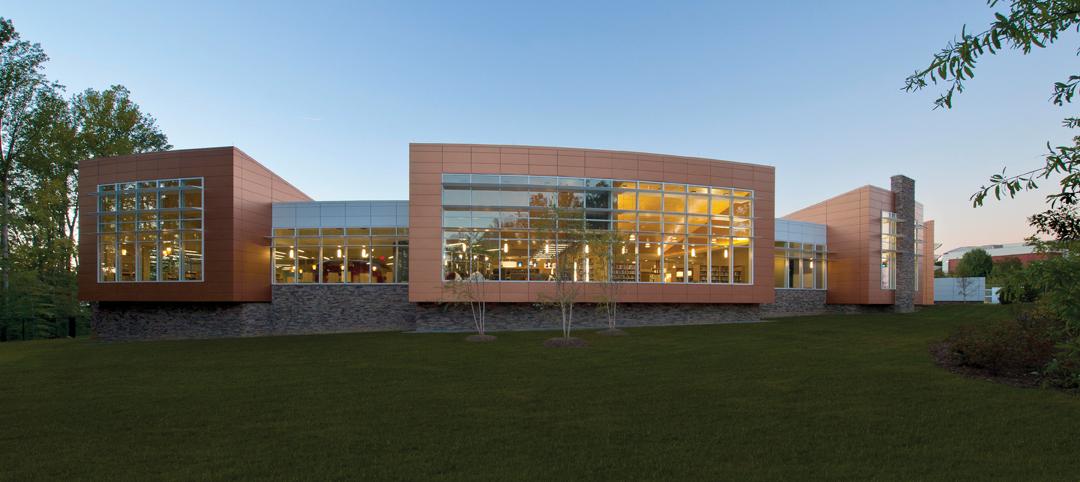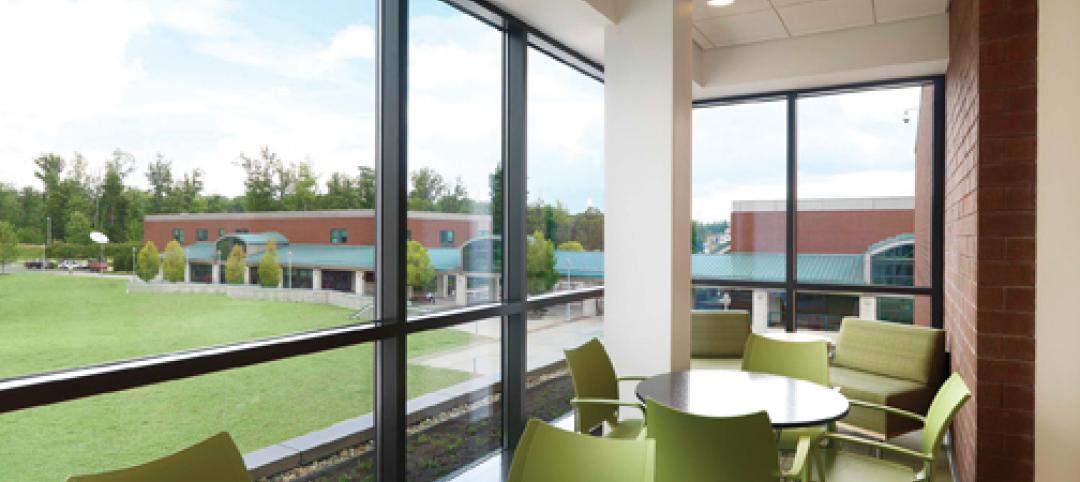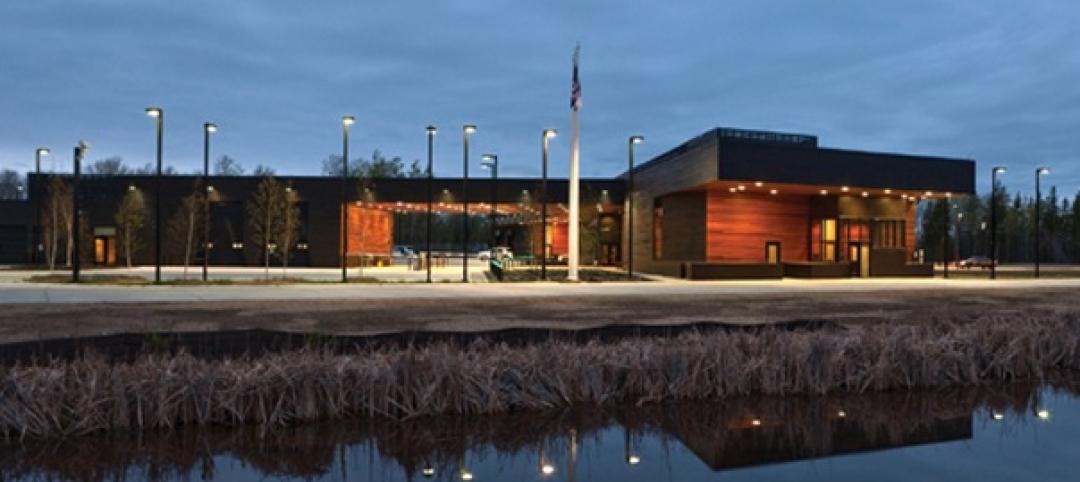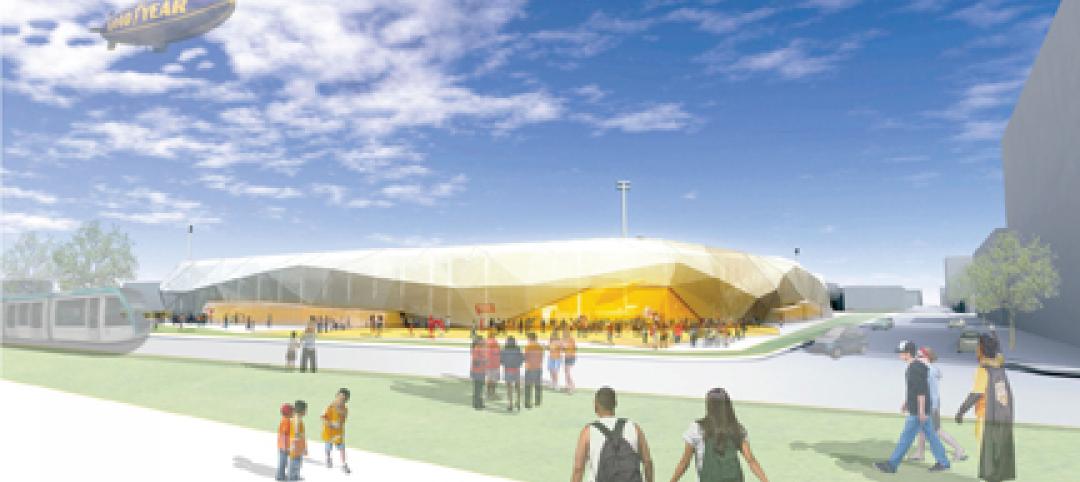The USGBC awarded the University of North Texas’ Apogee Stadium a LEED Platinum Certification, making it the first newly constructed collegiate football stadium in the nation to achieve the highest level of LEED certification.
The UNT System led the construction of the stadium, which was designed by HKS Sports and Entertainment Group and built by Manhattan Construction Company.
The UNT System commitment to building green grew from an initiative to construct future buildings to meet or exceed the latest efficiency and environmental standards. It also supports UNT’s commitment to sustainability, which was deeply underscored when it became the first large public university in Texas to sign on to the American College & University Presidents Climate Commitment in 2008. There currently are three LEED Gold certified buildings on UNT System campuses -– the flagship campus in Denton, UNT Dallas, and the Health Science Center in Fort Worth with two more awaiting certification.
The 31,000-seat Apogee Stadium features luxury suites, an amenity-filled club level, a Spirit Store, a corporate deck and a unique end-zone seating area. In addition to hosting UNT events, it will serve the entire North Texas region as a venue for outdoor concerts, community events, high school games and band competitions.
Apogee Stadium will achieve another first in December with the completion of three wind turbines that will feed the electrical grid that powers the stadium. Using a $2 million grant from the State Energy Conservation Office, UNT currently is installing the wind turbines, making Apogee Stadium the first collegiate stadium designed to incorporate onsite renewable wind energy.
The project team included: HKS Sports & Entertainment Group, Architect; HKS DesignGreen, LEED Consultant; Manhattan Construction Company, construction manager; HKS Commercial Interiors, interior design; Smith Seckman Reid, mechanical engineer; Aguirre Roden, electrical engineer; Jaster-Quintanilla, civil engineer; Rogers Moore Engineering/Walter P Moore, structural engineers; Caye Cook & Associates, landscape architect; and Henneman Engineering, commissioning agent. BD+C
Related Stories
| Jan 21, 2011
Nothing dinky about these residences for Golden Gophers
The Sydney Hall Student Apartments combines 125 student residences with 15,000 sf of retail space in the University of Minnesota’s historic Dinkytown neighborhood, in Minneapolis.
| Jan 21, 2011
Revamped hotel-turned-condominium building holds on to historic style
The historic 89,000-sf Hotel Stowell in Los Angeles was reincarnated as the El Dorado, a 65-unit loft condominium building with retail and restaurant space. Rockefeller Partners Architects, El Segundo, Calif., aimed to preserve the building’s Gothic-Art Nouveau combination style while updating it for modern living.
| Jan 21, 2011
Sustainable history center exhibits Fort Ticonderoga’s storied past
Fort Ticonderoga, in Ticonderoga, N.Y., along Lake Champlain, dates to 1755 and was the site of battles in the French and Indian War and the American Revolution. The new $20.8 million, 15,000-sf Deborah Clarke Mars Education Center pays homage to the French magasin du Roi (the King’s warehouse) at the fort.
| Jan 21, 2011
Library planned for modern media enthusiasts
The England Run Library, a new 30,000-sf glass, brick, and stone building, will soon house more than 100,000 books and DVDs. The Lukmire Partnership, Arlington, Va., designed the Stafford County, Va., library, the firm’s fourth for the Central Rappahannock Library System, to combine modern library-browsing trends with traditional library services.
| Jan 21, 2011
Virginia community college completes LEED Silver science building
The new 60,000-sf science building at John Tyler Community College in Midlothian, Va., just earned LEED Silver, the first facility in the Commonwealth’s community college system to earn this recognition. The facility, designed by Burt Hill with Gilbane Building Co. as construction manager, houses an entire floor of laboratory classrooms, plus a new library, student lounge, and bookstore.
| Jan 21, 2011
Upscale apartments offer residents a twist on modern history
The Goodwynn at Town: Brookhaven, a 433,300-sf residential and retail building in DeKalb County, Ga., combines a historic look with modern amenities. Atlanta-based project architect Niles Bolton Associates used contemporary materials in historic patterns and colors on the exterior, while concealing a six-level parking structure on the interior.
| Jan 21, 2011
Research center built for interdisciplinary cooperation
The Jan and Dan Duncan Neurological Research Institute at Texas Children’s Hospital, in Houston, the first basic research institute for childhood neurological diseases, is a 13-story twisting tower in the center of the hospital campus.
| Jan 21, 2011
Music festival’s new home showcases scenic setting
Epstein Joslin Architects, Cambridge, Mass., designed the Shalin Liu Performance Center in Rockport, Mass., to showcase the Rockport Chamber Music Festival, as well at the site’s ocean views.
| Jan 21, 2011
GSA Recognizes the Best in Public Architecture
The U.S. General Services Administration recognized the best in public architecture and civilian federal workplaces at the 2010 GSA Design Awards in Washington, D.C. This year's 11 award winners showcase the federal government's commitment to cutting-edge architectural design and its focus on sustainability.
| Jan 20, 2011
Houston Dynamo soccer team plans new venue
Construction is scheduled to begin this month on a new 22,000-seat Major League Soccer stadium for the Houston Dynamo. The $60 million project is expected to be ready for the 2012 MLS season.


